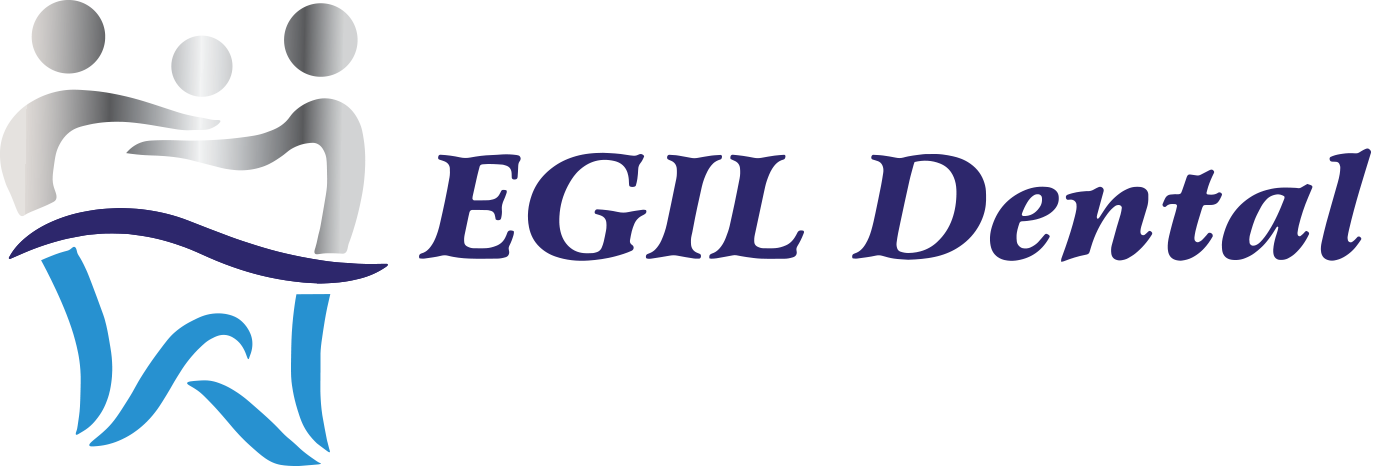
When you think of braces, who do you picture wearing them? Is it a preteen or a teenager? Chances are, if you’re like most people, you associate braces with youth. But while it’s true that braces are more common amongst the younger set, they can be beneficial to adults, too. After all, there’s no age limit for improving the appearance of your smile or correcting oral health issues that crooked or crowded teeth may cause. In fact, your oral health is important at every age, and braces can help address myriad oral health issues, including misalignment and bite issues, as well as any obvious cosmetic issues.
If you’ve been hesitant to get braces as an adult due to their appearance or the fear of looking childish, more discreet options are now available, such as clear aligners like Invisalign. These options can help you feel less self-conscious about wearing braces at any age. Don’t be afraid to consider braces as an adult. Though you may have waited longer to undergo treatment than some patients, that doesn’t mean it’s too late or not worth starting!
If you’re considering adult braces but still aren’t quite ready to take the first step, don’t despair. Consider these key benefits to your oral health following your orthodontic treatment, and you’ll see why getting braces at any age can be well worth it.
So, what are the benefits of wearing Invisalign as an adult?
Invisalign and Improved Oral Health
Braces can help correct misalignments, overcrowding and “bad bites” that could potentially be causing you dental problems such as cavities, gum disease or uneven wear on your teeth. When your teeth are straighter, they will be easier to clean effectively, reducing your risk of tooth decay, gingivitis and other oral health problems. Correcting your tooth spacing and alignment can also help prevent uneven wear on teeth, making your teeth appear more even and symmetrical.
Self-Esteem
While you may be concerned that your self-esteem will suffer while you’re wearing braces, just think of how much your confidence could improve after your treatment is complete. A straighter smile can increase your self-confidence and self-esteem. Feeling good about yourself and your appearance can positively impact many areas of your life, from social interactions to professional opportunities!
Better Oral Function
A bad bite or crowding can negatively affect things like how you chew and how you speak. When you use Invisalign or braces to realign your teeth, you can improve both your speech and your chewing abilities, and even make it easier to eat a wider variety of foods.
Invisalign and Reduced Risk of Dental Problems
Just because your bad bite or crooked teeth aren’t causing problems now doesn’t mean they won’t in the future. Did you know that alignment issues in the mouth can cause dental problems like jaw pain, headaches, temporomandibular joint dysfunction (TMJ dysfunction) and other types of dental problems? Aligning your teeth before these problems start is a great way to prevent them from occurring in the first place.
Invisalign: Your Orthodontic Options
Considering braces? The great news is that you have options for what type of braces you’d like. Depending on your individual mouth, you may be an excellent candidate for Invisalign clear aligners, which are much more discreet and comfortable than traditional braces.
Invisalign: Long-Term Investment Considerations
Remember: When you get braces, the time and financial investment in your treatment can really pay off in the long run. That’s because undergoing orthodontic treatment is an investment in your overall oral health. Braces not only create an even, beautiful smile, but they can also potentially reduce the need for more extensive dental work later in life.
If you’re ready to learn more about braces, reach out to EGil Dental. We can help tailor a treatment plan to specifically address your oral health needs as an adult, taking into account everything from the health of your gums to your bone density and other factors that are unique to adult patients.
Remember, the choice to get braces as an adult is yours. It is a deeply personal decision and should be made in consultation with your dentist based on your individual situation and goals.

